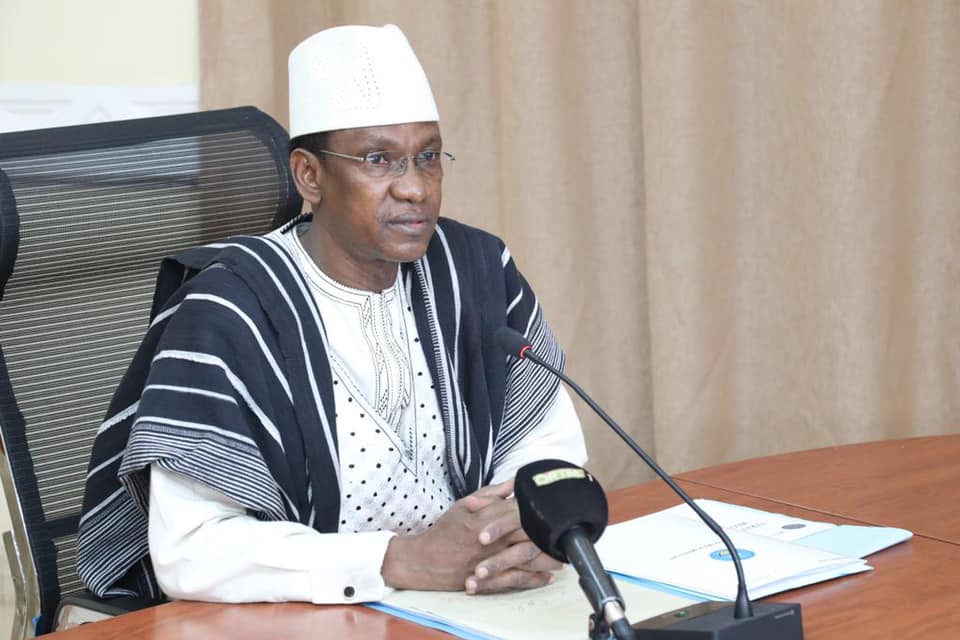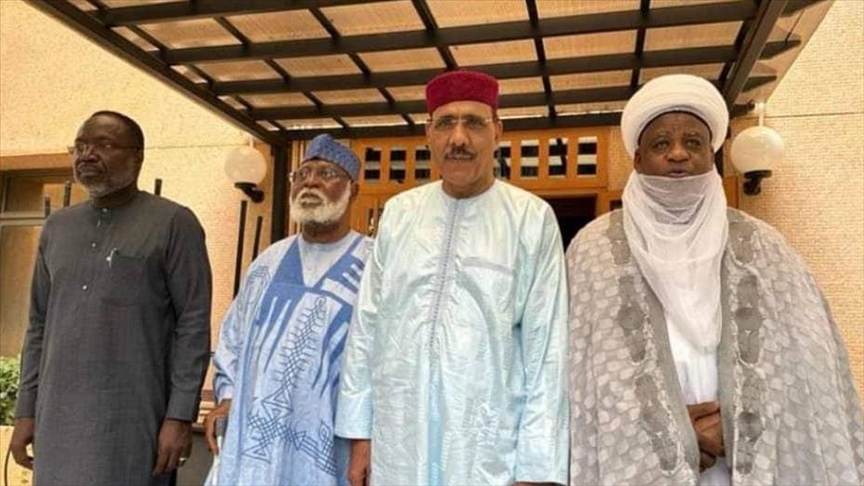Sahel’s latest coup in Niger marks the demise of French influence in the Sahel where anti-French and anti-Western influence has been on the surge following two similar takeovers in Mali and Burkina Faso.
Energy
Niger’s coup in particular triggered fears in France over the supply of uranium. Paris, whose electricity is 75% dependent on uranium, imports 15% of the needs to power its nuclear plants from the poor Sahel country.
While French analysts have downplayed the impact of a potential halt of uranium supplies from Niger in the short and medium term, the harm could emerge in the long term as any supply disruption from Niger could further bolster the position of Russia, another major uranium supplier.
The removal of the democratically elected president in Niger would delay any move to impose sanctions on Russian uranium as the West and the EU in particular try to wean themselves from dependence on Moscow.
So far, the French state-owned Orano company- that operates uranium mines in the Sahel country- said operations are ongoing but voiced concern over the safety of its staff.
Evacuations
France also said on August 1 it will start evacuating French and EU citizens from the country where crowds have attacked its embassy in Niamey.
Videos shared on social media showed angry protesters chanting anti-French slogans and hoisting Russian flags.
Although there is no proof for Russian involvement in the coup, head of Putin-backed Wagner militias Yevgeny Prigozhin welcomed the military takeover of power in Niger.
“Given the situation in Niamey, the violence that took place against our embassy the day before yesterday and the closure of the airspace which is preventing our citizens from leaving by their own means, France is preparing the evacuation of its citizens and of European citizens who wish to leave the country,” the French foreign ministry said.
“France reiterates that the only legitimate authority in Niger is president Mohamed Bazoum and democratically elected institutions,” he said.
Speaking on state television, a spokesman for the military government said Bazoum’s foreign minister Hassoumi Massoudou had signed a document authorising the French to attack the presidential palace. It offered no proof.
The new military rulers in the country also accused French embassy security of shooting protesters and injurin six Nigeriens.
Military intervention
The putschists say their coup came as a result of Bazoum’s failure to defeat extremist insurgents who wreaked havoc in the Sahel.
France has 1,500 troops in the country and a base with attack drones and fighter jets, while the US has 1,100 troops on the ground and two drone bases.
It is not clear whether France would intervene to reinstate Bazoum. Such an intervention would require US backing and probably an alliance with ECOWAS. It could also entrench anti-Western sentiment across Africa and play into Moscow’s growing influence in the region.
ECOWAS led by Nigeria has had enough with the military coups in the region. The West African grouping said it would militarily intervene, impose sanctions on the Putschists and cut off electricity in Niger, most of which is supplied by Nigeria.
Mali and Burkina Faso, two countries led by Putschists, said they would fight alongside the military rulers of Niamey, if ECOWAS intervenes.
France’s immediate reaction was to cut development aid, showing once more that aid to impoverished nations in the Sahel is more of a foreign policy tool than a purely humanitarian assistance.
The coup in Niger and the ensuing anti-French sentiment should ring an alarm bell in Paris as to the need to rethink its relations with former colonies in Africa where putschists use anti-French rhetoric to justify their violation of democratic principles.



